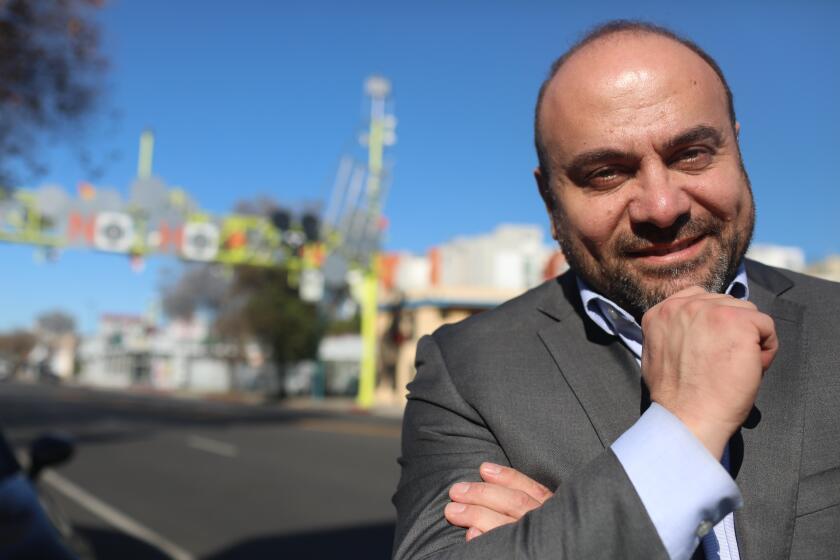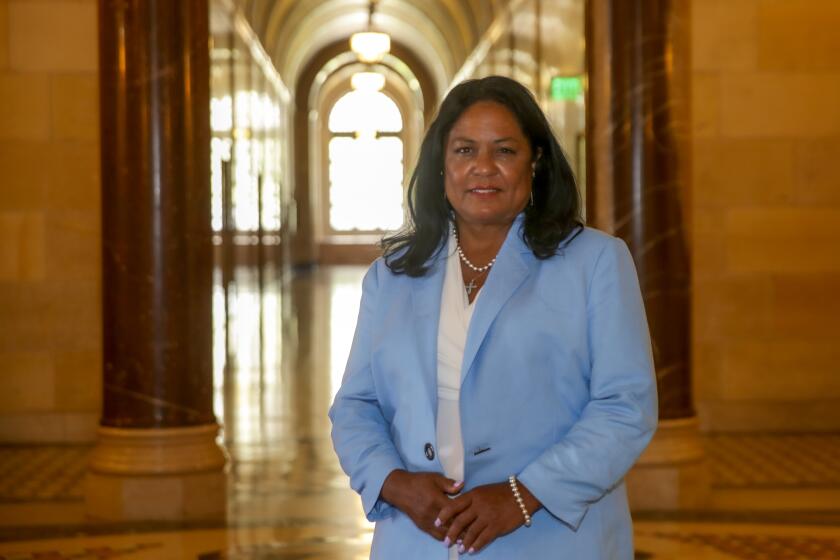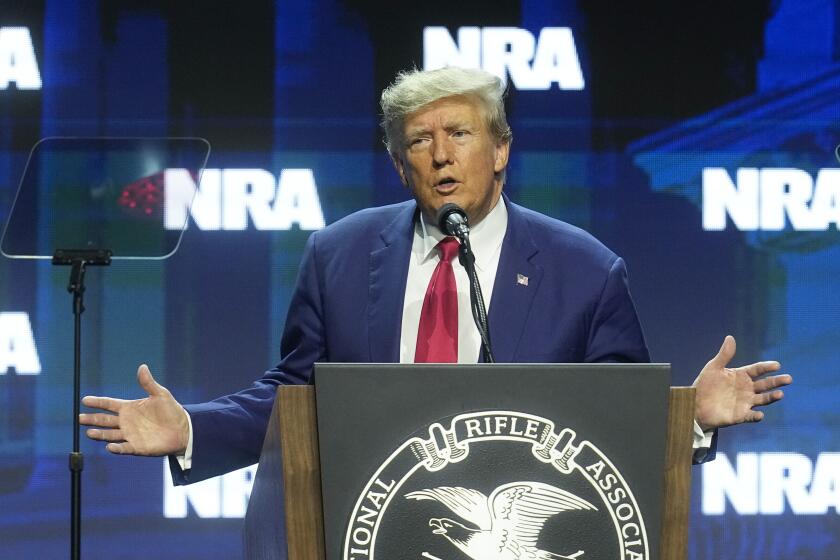Miranda’s time limit
As viewers of television crime dramas know, before questioning a suspect in custody, police must warn him that he has the right to speak to an attorney and to have an attorney present during questioning. Less well known is that in 1981, 15 years after its decision in Miranda vs. Arizona, the Supreme Court ruled that once a suspect asks for a lawyer, all interrogation must stop -- and can’t be resumed even if the suspect subsequently waives his rights. If there is to be further conversation in the lawyer’s absence, it must be initiated by the suspect.
This additional protection makes it harder for police to pressure a suspect into talking. But how long does it last? Last week, the Supreme Court considered a case in which almost three years elapsed between a suspect’s request for a lawyer and a second session with police at which he waived his right to counsel.
An attorney for Michael Shatzer, a Maryland man convicted of molesting his 3-year-old son, told the justices that even a hiatus of many years didn’t remove the restriction on interrogation triggered by Shatzer’s request for a lawyer. “So there is no termination point?” asked a skeptical Justice Sonia Sotomayor. Further weakening her client’s position, the attorney acknowledged that her argument meant that police couldn’t question a murder suspect who had asked for a lawyer 10 years earlier when he was arrested for joy-riding.
That goes too far, in our opinion. The court’s best option is to define a period of time after which the suspect would have to request a lawyer again to prevent police questioning. Alternatively, it could terminate the protection when a suspect is no longer in custody. California allows police to question a suspect who has been released and rearrested if the individual had “reasonable time and opportunity” to consult a lawyer in the meantime. But unless the justices insisted on similar safeguards nationwide, police might be tempted to release a suspect briefly in order to wipe the slate clean.
There is one situation in which a suspect’s request for a lawyer should protect him from further questioning even after a significant period of time. That’s when he is held in prison between the first and second interrogations, as Shatzer was for a conviction on a separate charge. If someone temporarily in custody feels pressure to waive his rights, how much greater is the pressure on a prison inmate?
It would be a mistake to return to the days when judges decided on a case-by-case basis whether a suspect had been coerced into confessing. That was the situation before Miranda, and it was rife with unpunished police misconduct. The way to hold police accountable is to draw clear lines. That’s what the court should do in this case.
More to Read
A cure for the common opinion
Get thought-provoking perspectives with our weekly newsletter.
You may occasionally receive promotional content from the Los Angeles Times.










